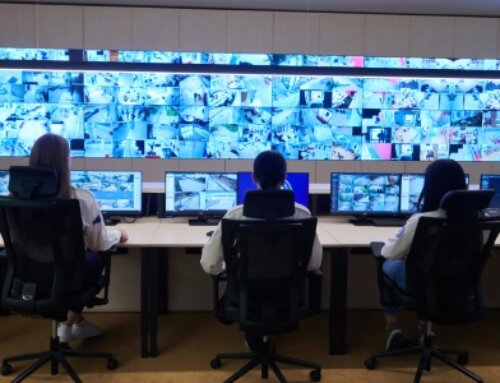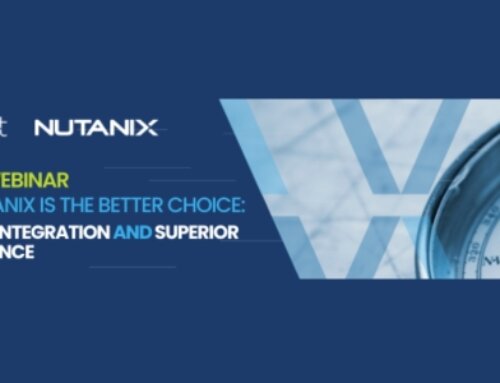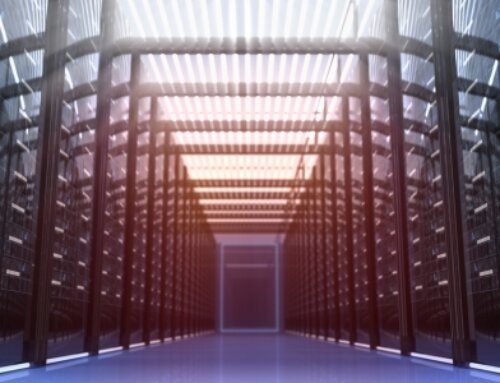You’ve modernized your infrastructure, upgraded your storage and adopted new application, virtualization and security software. Now you can just sit back and let your new IT environment hum, right? Not so fast. It’s time to consider your processes for managing your maintenance and licensing lifecycle.
Managing your support and maintenance lifecycle can perhaps be one of the most overlooked, yet costly, mistakes you can make when it comes to improving your overall infrastructure return on investment (ROI). What are the risks? Consider what might happen if your environment is a victim of a cyberattack and you’ve missed a valuable software patch because a license renewal was overlooked. Or how costly, and time consuming, would it be if your primary storage system experienced a failure and the maintenance renewal expired just days before? How long would it take – not to mention how much extra might you pay – to get back up and running again?
The remedy is easy. Implement an active management program for your support contracts and software license renewals.
5 Common Renewal Lifecycle Mistakes
When it comes to managing your maintenance and support agreements, it’s vital to avoid the following five common mistakes.
- Assuming the Direct-from-Vendor Price is the Lowest. It happens all the time. It’s time for your annual maintenance renewal for key infrastructure components, and the hardware vendor sends you, or your accounts payable department, the renewal invoice directly. Don’t just pay it assuming that the vendor’s list price is the best. If the invoice goes directly to accounts payable or purchasing, be sure that they are instructed to route it your way for further investigation before paying it. Then, use the extra leverage your solution partner has with your vendors to negotiate a better price. At Verinext, we have negotiating power with hundreds of vendors. We know what the industry is paying for maintenance and how to get you the best deal. We can often save you a bundle on your maintenance and support renewals and put money back onto your bottom line.
- Losing Track of Your Renewal Dates. With so many different components comprising today’s IT infrastructure, and multiple departments involved in infrastructure procurement, managing your renewal dates can become a monumental challenge. But, if you’re not on top of them it could just take one missed invoice to put you out of contract for a vital system you can’t live without. In some instances, such as security software, your protection may simply stop if not renewed on time. What if the renewal invoice goes to an accounts payable contact that’s no longer there or if the vendor neglects to send one at all? Will you know what systems and software need to be renewed and when? And, if you miss the renewal by just a few days how much additional might you pay? It’s common for vendors to charge a 10-20% reinstatement fee, even if you miss your renewal date by just a day. At Verinext, we can help you avoid this burdensome process by managing renewal dates for you – for free. Even for those products you purchased elsewhere. By turning over your support and renewal management to our experienced team, you won’t have to worry about missing key dates and you can have the peace of mind that you’ll never need to pay for excess reinstatement charges or risk expired maintenance agreements.
- Waiting Until Something Breaks to Renew. This can be among the most costly mistake of all. Consider the risk to your business if your primary storage system failed and you neglected to pay your renewal. It might be days before your can sort out your reinstatement, event to still have the additional time it could take to replace or repair the device. Added reinstatement fees compounded by costly extra downtime can be crippling for today’s data-driven business. At Verinext, we work proactively – 90 days in advance of each renewal – to ensure that your contracts, especially for vital systems, never lapse. This can help you avoid unnecessary downtime as well as extra fees.
- Not Bundling Similar Renewals Together. Consider an environment that has multiple virtual machines running VMware. It can be common for new instances of VMware to be purchased at different times – giving VM sprawl a new meaning: VM license sprawl. By taking a full accounting of all your similar systems and software, and bundling their renewals together into one agreement, you can have more negotiating leverage as well as more management simplicity. Verinext’s expert Managed Support Service team will perform a comprehensive assessment of your renewal contracts, license agreements and dates to identify ways to combine multiple contracts. This often delivers impressive cost savings during agreement negotiation periods as it can save time for both your team as well as the vendor’s.
- Managing Your Own Renewal Lifecycles. Managing renewals internally is not only time consuming, it may also leave thousands of dollars on the table. When you use the leverage of your solution partner you can tap into their value pricing and receive additional economies of scale since the negotiations are additionally spread across multiple customers, not just the components in your environment. At Verinext, its common for us to save thousands compared to list pricing. We also have the option to use third party support programs for those components in your infrastructure that don’t require a full maintenance renewal. Here we can help you manage your end of life times with a strategic view into what is best for the business and your peace of mind.
Implementing a managed support service for your maintenance and licensing processes can not only deliver valuable investment protection, but dramatically lower your total infrastructure return on investment (ROI). Verinext offers Managed Support Services as a free service for all your infrastructure components, working for you to prevent costly gaps in your maintenance and support agreements. We can often save you thousands in renewals and dramatically improve your infrastructure ROI. Contact us today for a free infrastructure renewal evaluation.






